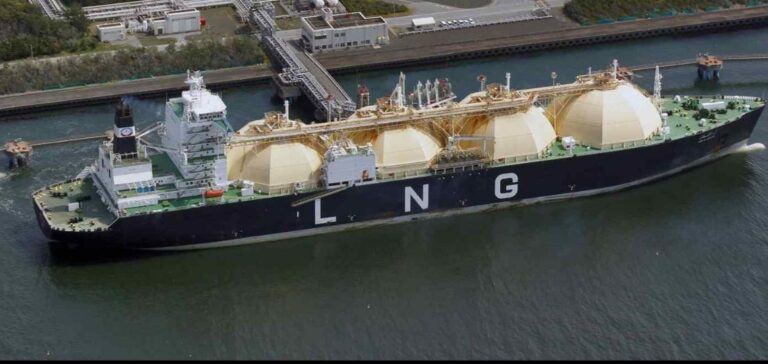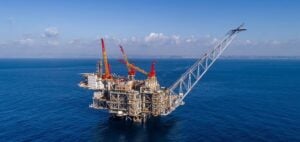The LNG market is under pressure. According to the IEA, the situation is expected to continue for the year 2023. According to Fatih Birol, the increased demand for LNG in China and India would explain this trend.
Fatih Birol announced a tightening of the LNG market in a statement to the LNG Producer-Consumer in Japan. The IEA president expects market tension to increase as a result of rising natural gas imports from China and India.
A European LNG market already under pressure
The IEA chief’s announcement comes against the backdrop of a sharp contraction in the European LNG market. Gas prices have already reached record levels this year due to the Russian-Ukrainian conflict. In fact, reductions in Russian gas flows have put considerable weight on the European market.
High wholesale gas prices in Europe have fueled a flood of LNG cargoes and volumes comparable to the largest Asian importers. According to F. Birol, the EU would have benefited from a substantial supply of LNG this year with imports up by 60%.
The slowdown of the Chinese economy
These record imports into Europe have been possible this year because of the Chinese economic slowdown. The president of the IEA states on this subject:
“One of the reasons Europe has been able to import so much LNG is because of China’s slow economic growth. If China’s economy recovers, it will be difficult for Europe to import so much natural gas.”
Chinese LNG imports are expected to experience their first major downturn this year. High prices and low production due to COVID-19 resulted in a contraction in natural gas demand. The leader in LNG imports last year gave way to Japan in early 2022.
The solution of restarting Japanese nuclear power plants
Fatih Birol said that the restart of nuclear power plants in Japan would increase the availability of natural gas. This would ensure more favorable conditions for European LNG imports as winter approaches. The official mentioned this topic without specifying a deadline at the conference.
According to him, Japanese nuclear power could release some 10 billion cubic meters of LNG.





















